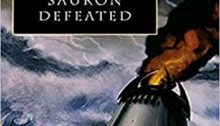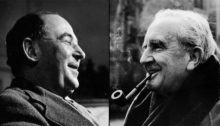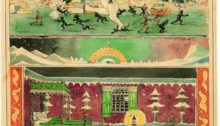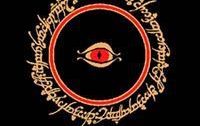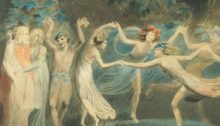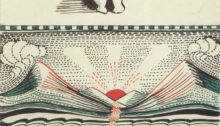A Year of Reading Lewis: The Abolition of Man
L. A. Smith of A Traveler’s Path has kindly agreed to let us take a look at some of her thoughts on Lewis! I have never read Abolition before. I knew it was an important work, but its subtitle, Reflections on Education with Special Reference to the Teaching of English in the Upper Forms of Schools, didn’t inspire me…

